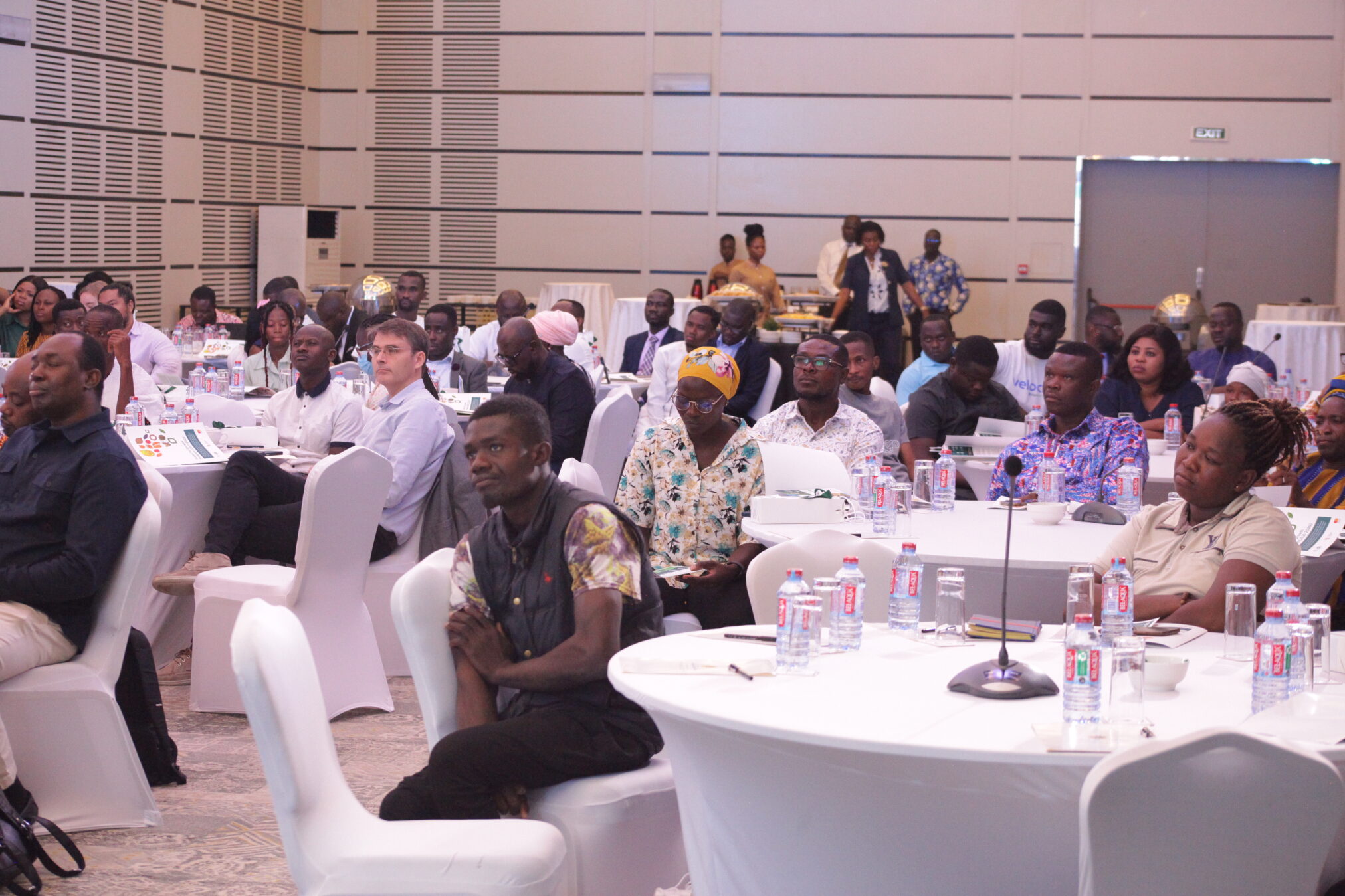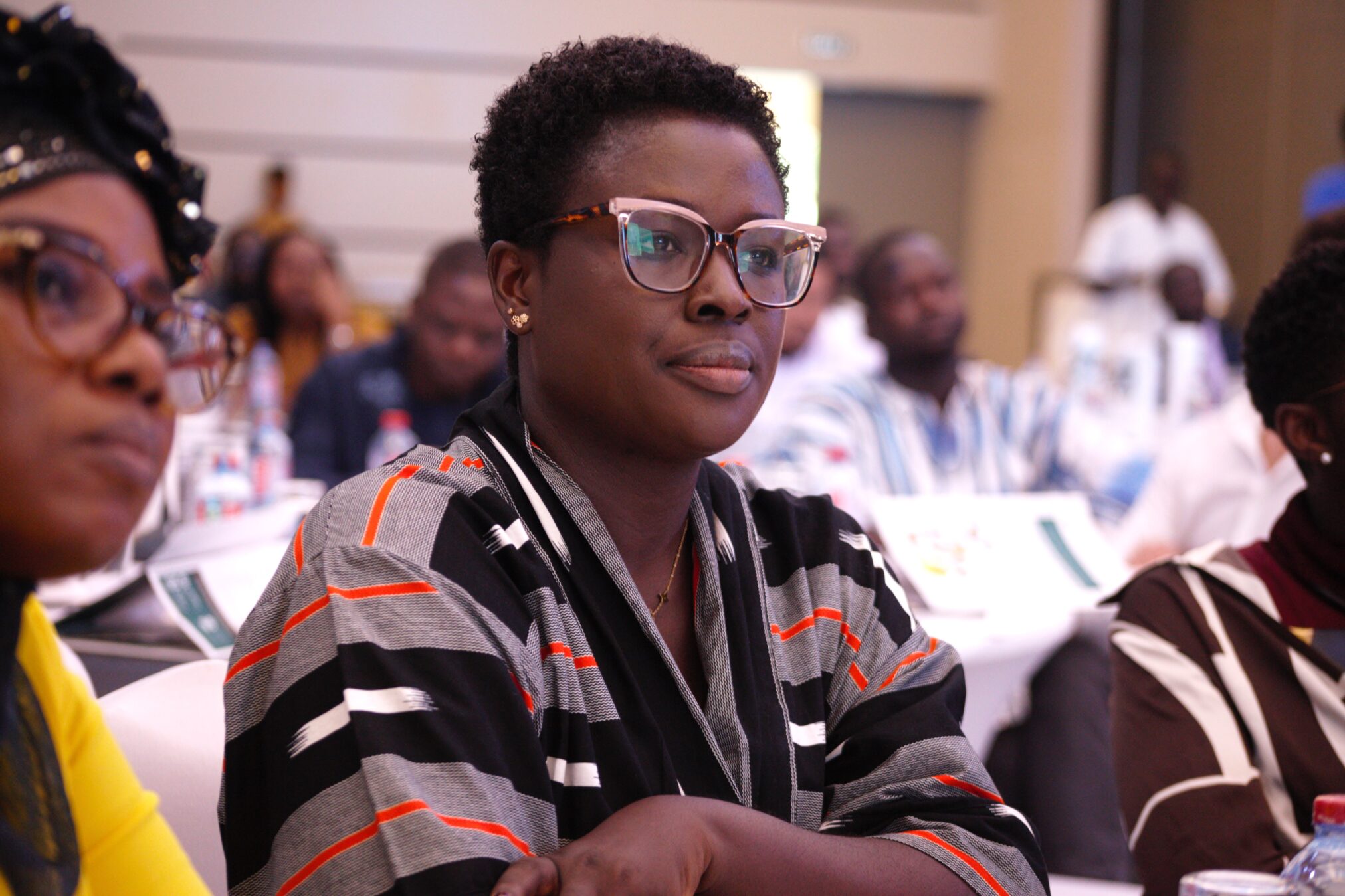The VCT team in Ghana was thrilled to host the Annual Learning Event, which brought together over 100 influential stakeholders from the entire grain value chain. Participants included representatives from Mastercard Foundation, dynamic private sector entities, including SMEs, and off-takers such as Guinness Ghana, Nestle, Promasidor , and Olam, as well as financial institutions, government regulatory bodies, and traditional authorities.
Their insightful discussions centred around program learnings and best practices, and the main highlight was the engaging presentations by SMEs, financial institutions, government representatives, off-takers, farmers, and women leaders.
Moreover, the panel discussions delved deep into crucial topics such as market development and quality assurance, financial inclusion, and inclusive supply chains & job creation, all of which are pivotal for the private sector.
-
Cross-collaboration and deep communication among stakeholders and sectors are crucial for shared success and it is the essence of our work.
-
Overlords of community lands are critical players in facilitating the access of more lands to women, youth, and people with disabilities. They also facilitate systemic change through their inclusive decisions, impact the value chain, and should always be engaged. They lease out large farmlands for block farming for production activities that impact the local economy.
-
There’s a need for enhanced documentation practices, particularly with access to finance, to ensure the financial preparedness of SMEs to capitalize on opportunities.
-
Young men and women discussed their roles in the agri-food sector and the additional support they require to expand their impact. Access to loan facilities to purchase mechanical equipment to enhance productivity, access to affordable loans, and innovative skills capacity building are critical to promote inclusion and access for young people.
-
More investment and support are required from off-takers in their suppliers’ value chains to complement the program and SMEs’ efforts. This will go a long way to enhance quality.
-
An increased number of field staff and more frequent engagement with farmers will also help to enhance the quality of the program.
- Collaboration with the private sector (SMEs) as opposed to NGOs has long-term gains for the sustain a bility of the program. Partners will continue to leverage on the capacity built and the networks established through the program to continue the good work of the G4G program.
The event was an amazing opportunity to showcase the efficacy of IDH’s market-led approach through compelling success stories from both SMEs and industry players.
Watch the video with testimonies about the event here




